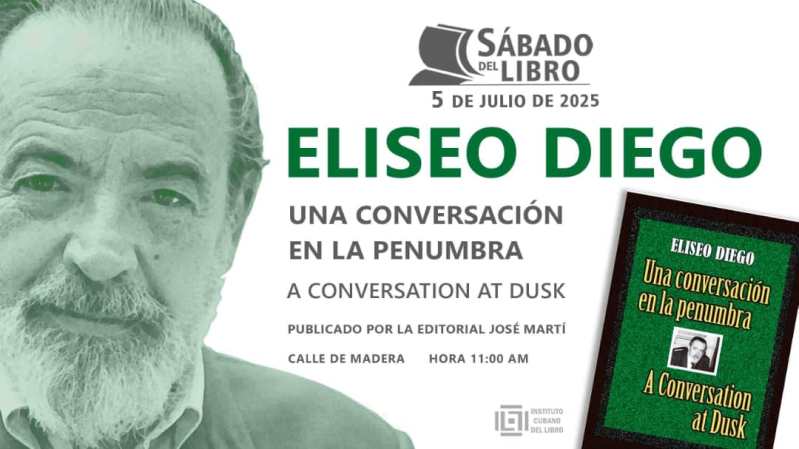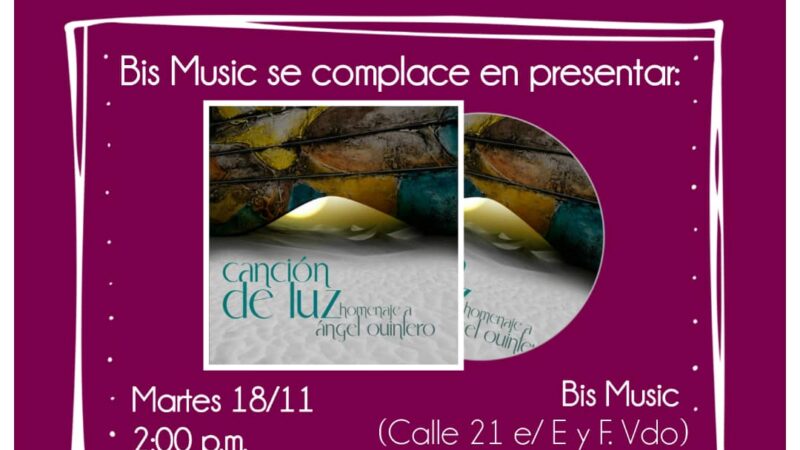A Literary Tradition: Celebrating the Work of Renowned Cuban Poet Eliseo Diego

The poetry of Eliseo Diego will take center stage on July 5 during the traditional Sábado del Libro, held at Calle de Madera in Old Havana’s Historic Center. The event will feature the presentation of Eliseo Diego, una conversación en la penumbra, a new anthology published by Editorial José Martí.
One of the anthology’s most notable features is its selection of poems translated into English—16 of them by the poet himself. According to the press release, these self-translations may be the collection’s greatest appeal, offering not only a gift to readers but also a means of keeping Diego’s legacy alive.
The volume includes both prose and poetry by one of the most prominent voices in 20th-century Cuban literature. From an early age, Eliseo Diego began to explore his literary calling, first through Clavileño (1942–1943), a magazine where he served on the editorial board, and later with Orígenes (1944–1956), the influential publication he co-founded. Orígenes became a vital platform for Diego and his peers, opening the doors to the deepest currents of world culture.
For Diego, Orígenes was also a space for discovery—of the spiritual essence of his homeland and of a poetic voice striving, as he once wrote in the preface to Por los extraños pueblos (1958), to “attend to things in all their purity,” a sentiment he would reiterate throughout his life.
Winner of the prestigious Juan Rulfo Prize, awarded in Mexico for lifetime achievement, Eliseo Diego authored numerous acclaimed works, including En las oscuras manos del olvido, Divertimentos, El oscuro esplendor, Versiones, Nombrar las cosas, Noticias de la quimera, and Inventario de asombros. He was awarded Cuba’s National Critics’ Prize in 1982 and the National Prize for Literature in 1986 in recognition of his literary career.
Translated by Luis E. Amador Dominguez



